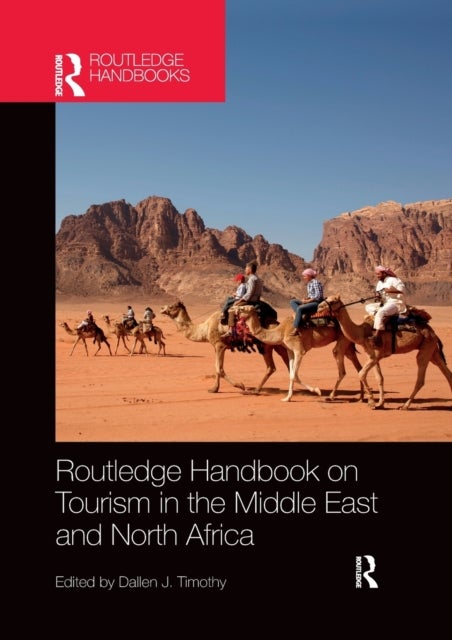
Routledge Handbook on Tourism in the Middle East and North Africa
569,-
<P>The <EM>Routledge Handbook on Tourism in the Middle East and North Africa </EM>examines the importance of tourism as a historical, economic, social, environmental, religious and political force in the Middle East and North Africa (MENA). It highlights the ecological and resource challenges related to water, desert environments, climate change and oil. It provides an in-depth analysis of the geopolitical conditions that have long determined the patterns of tourism demand and supply throughout the region and how these play out in the everyday lives of residents and destinations as they attempt to grow tourism or ignore it entirely. </P><br/><br/><P>While cultural heritage remains the primary tourism asset for the region as a whole, many new types of tourisms are emerging, especially in the Arabian Gulf region, where hyper-development is closely associated with the increasingly prominent role of luxury real estate and shopping, retail, medical tourism, cruises and transit tourism. The








